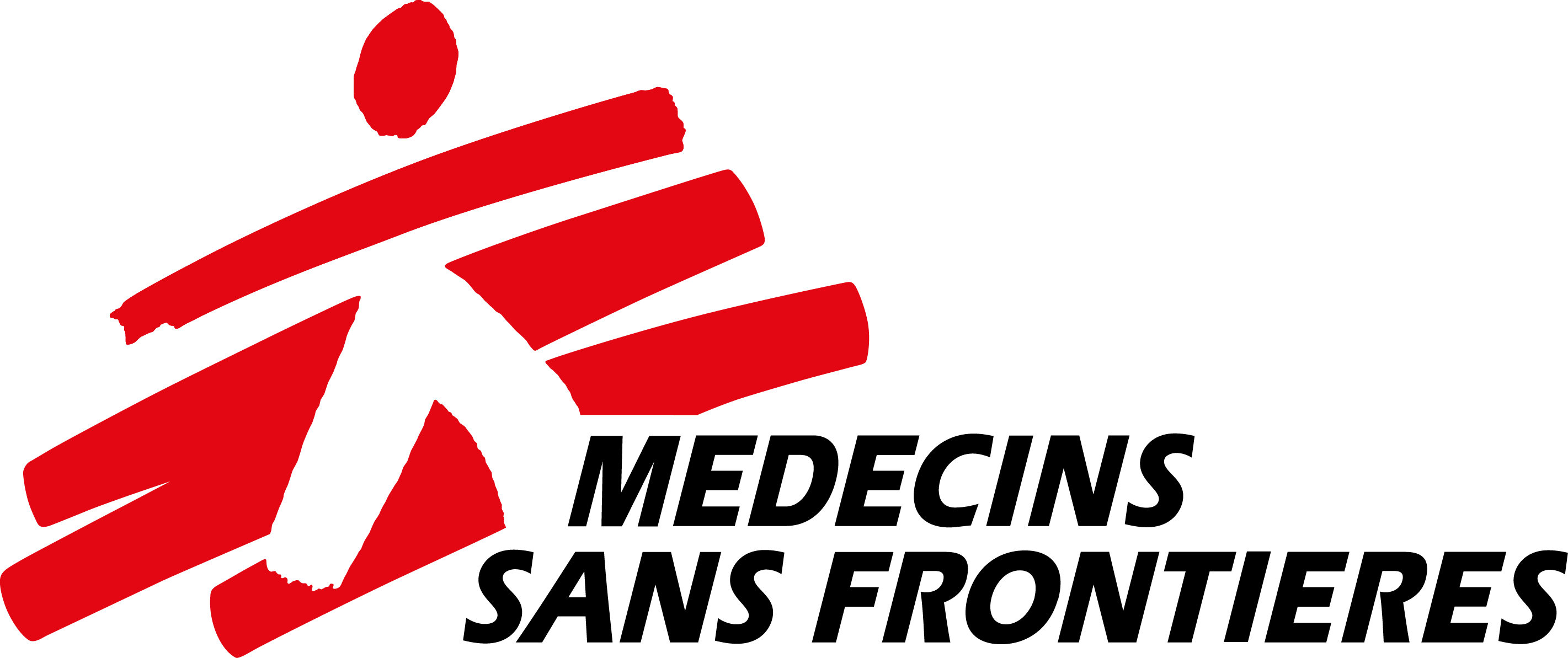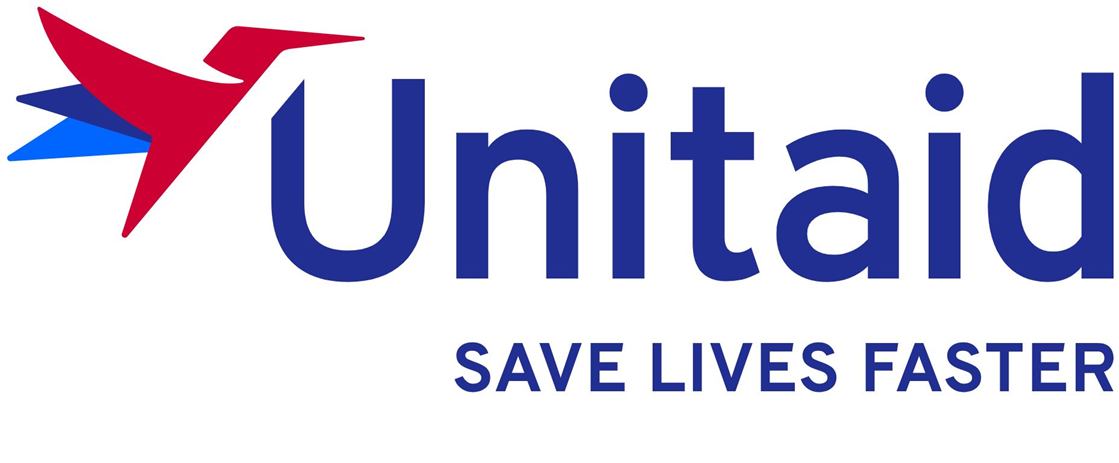The endTB clinical trial, funded by global health agency Unitaid, has reached another milestone. The endTB consortium partners, Médecins Sans Frontières/Doctors Without Borders, Partners In Health and Interactive Research and Development are pleased to share that the last visit for the last study participant in the endTB trial was completed on 8 April.
The endTB consortium will now advance to the final stages of analyzing the study results. This trial is a critical step towards advancing viable, shorter, and more effective treatments for all patients with multidrug- or rifampin-resistant (MDR/RR) TB, including children, pregnant people, people living with important comorbidities such as HIV, hepatitis C, diabetes mellitus, and substance-use disorder. The regimens tested in endTB represent a huge change over the historical standard: 9 months of all-oral treatment compared to up to 24 months of conventional regimens.
The endTB trial started in 2017. It is a phase III randomized, internally controlled trial that recruited 754 patient volunteers with MDR/RR-TB in 7 countries across four continents: in Georgia, India, Kazakhstan, Lesotho, Pakistan, Peru, and South Africa. Dr. Carole Mitnick, co-Principal Investigator of the trial from Harvard Medical School notes that, “Because the trial population was so diverse, its results will be relevant to the approximately 1.5 million people who newly fall sick or remain sick each year with MDR/RR-TB.”
This trial was revolutionary also in that it simultaneously evaluated five new treatment regimens compared to the standard of care for MDR/RR-TB. endTB borrowed an efficient design from cancer research that had never previously been in used in a TB trial. Mitnick remarks, “This design, called Bayesian Response-Adapted Randomization, likely shaved a decade off the time and tens of millions of dollars off the cost compared to separately testing five regimens”. It also required recruitment of many fewer volunteers than if the regimens had been examined sequentially.
The study teams express their deep gratitude to the study participants for their important contribution to potential advances that could benefit future generations.
What’s next for the endTB trial?
Now that the last visit has been completed, the team will complete data cleaning and analysis. The study results are expected to be shared in November of this year.




